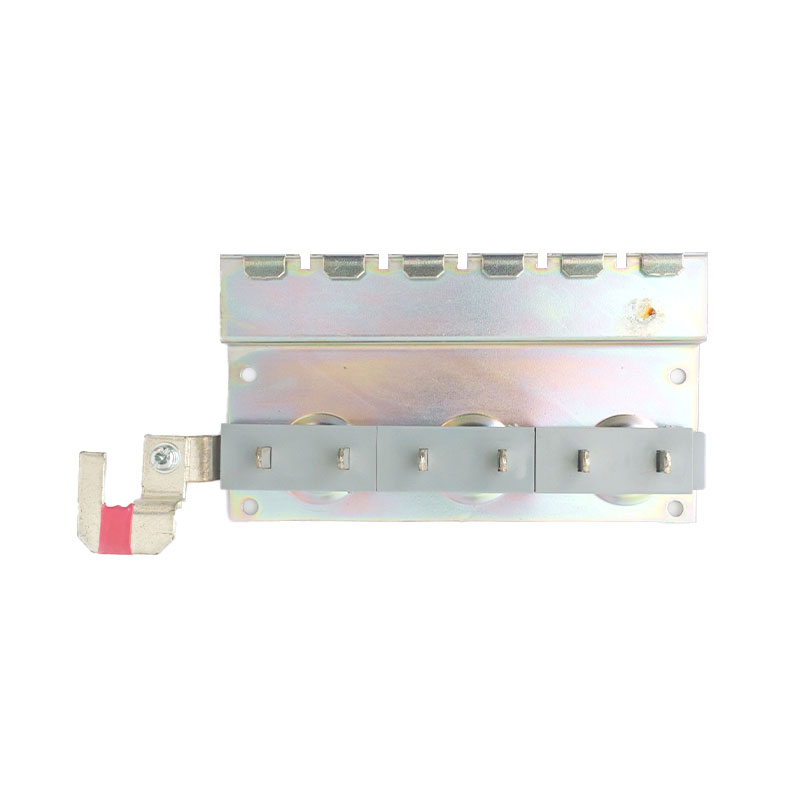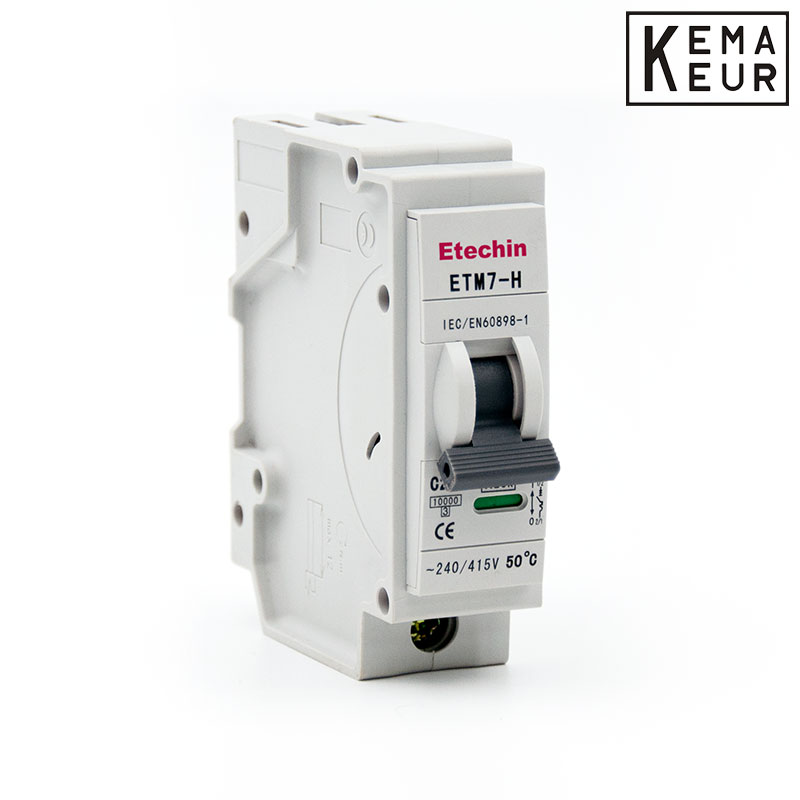NT WorkSafe issues safety warning after jump in fires from DC isolators part of solar PV systems
Thursday, July 27 started like any other day for Darwin resident Rose Dela Cruz. But at 7am, it veered close to disaster. Pan Assembly

"I heard calling from the outside, and I looked around," she said.
"I saw one of my neighbours spraying [the] side of my house with water … and I know on that side is our electric main switch and solar panel inverter."
Ms Dela Cruz had smelled smoke nearby in the days leading up to the fire, but had assumed it was coming from the bushfires burning around the Northern Territory's capital.
Instead, she now suspects it was coming from a component of her household solar power system, located on the side of her home.
Fortunately, the brick exterior of Ms Dela Cruz's home had prevented the flames from spreading. But the blaze was still intense enough to melt her NBN box, burn through some garden piping and singe a shade cloth over her plants.
"I was so terrified," she said.
"I went out the front and saw smoke and also sparks of fire from the inverter, from the wall of my house."
Ms Dela Cruz's home is one of 11 properties in the Northern Territory so far this year to suffer a fire from a DC isolator part of a solar PV system.
The component disconnects mains power from household solar PV systems, and is one of their most common points of failure.
This year's figure marks a dramatic increase on 2022, when only four DC isolator fires were recorded in the Northern Territory.
The spike has prompted the territory's workplace safety watchdog, NT Worksafe, to issue a safety alert warning, as well as issue 22 infringement notices to solar PV installers between January and August.
NT Worksafe electrical inspector Robin Smith said the recent increase in blazes in the territory had alarmed the watchdog.
"It seems to be an increase, we're not sure why. Possibly because of the age of the installations," he said.
"Installation is a major issue, so if they're not installed correctly then this can damage the waterproof ratings of the devices, and then they may absorb moisture which can cause a failure."
Mr Smith said DC isolators were supposed to last for 30 years, but many were failing less than a decade after being installed.
He said if the component failed, the consequences could be devastating.
"It depends on what they're installed on. [But] if they're installed on wooden hoarding, that can cause a fire," he said.
The NT is not alone in recording a significant number of fires sparked by DC isolator failures. Mr Smith said the components had "been catching fire all over the country".
The ABC sought data from every state and territory on the number of fires sparked by DC isolators.
The data varied, but showed most jurisdictions had recorded a significant number of DC isolator-related fires in the past year.
Energy Safe Victoria reported a dramatic jump in solar panel-related fires in Victoria in recent years, from 27 in 2021-22 to 55 in 2022-23.
Those figures included a surge in the number of fires directly attributed to a DC isolator, from 15 to 27, with most systems involved more than seven years old.
An Energy Safe Victoria spokesman said a key driver of the increase was a lack of servicing of rooftop solar systems.
"Our research shows that people understand the importance of servicing, but most don't do it for a variety of reasons — including cost, but also because a lot of people do not realise you even have to," he said.
Back in Darwin, Ms Dela Cruz, who likes the environmental and cost-of-living benefits of her rooftop installation, said she still thinks it's a good investment.
But in addition to concerns about the fairness of the NT's solar feed-in tariff, she said there needed to be more regulation of the systems, including mandatory periodic testing by solar providers, to avoid other homes experiencing the same problem.
"At the moment, there are some issues," she said.
Anyone in the Northern Territory with concerns about their solar PV systems is advised to first check with their installers, then contact NT WorkSafe.
We acknowledge Aboriginal and Torres Strait Islander peoples as the First Australians and Traditional Custodians of the lands where we live, learn, and work.
This service may include material from Agence France-Presse (AFP), APTN, Reuters, AAP, CNN and the BBC World Service which is copyright and cannot be reproduced.

Main Breaker Box AEST = Australian Eastern Standard Time which is 10 hours ahead of GMT (Greenwich Mean Time)